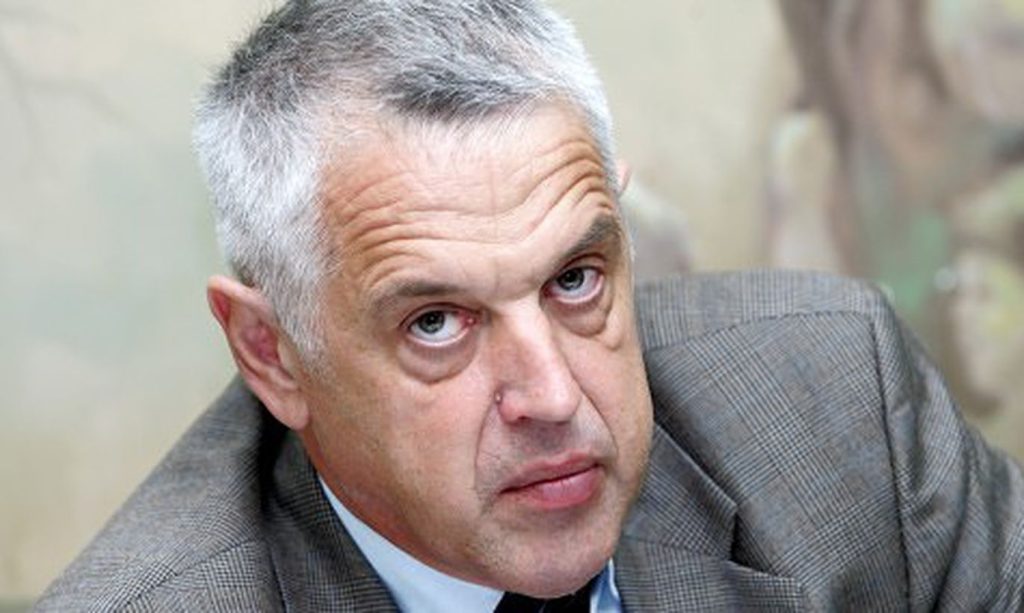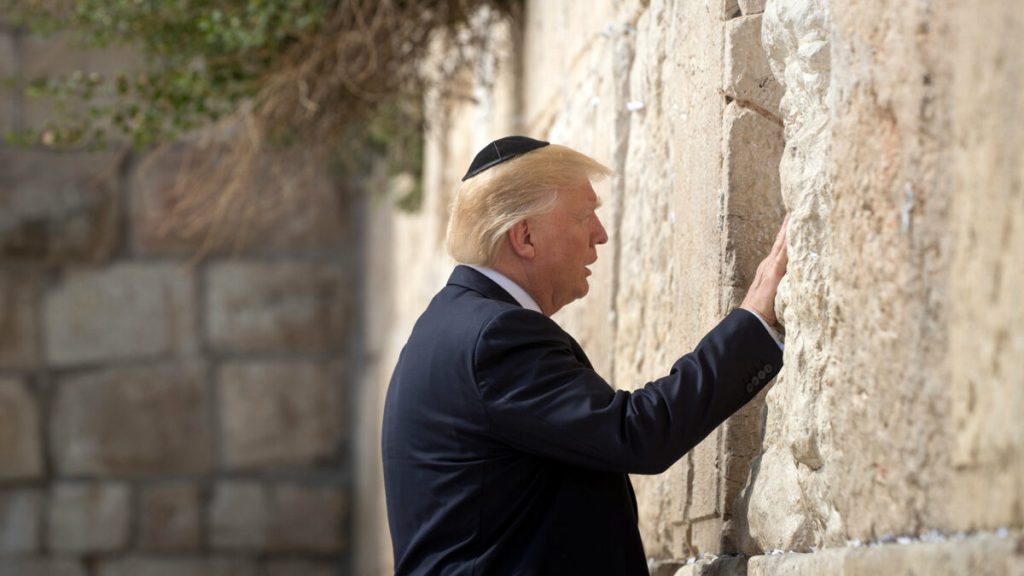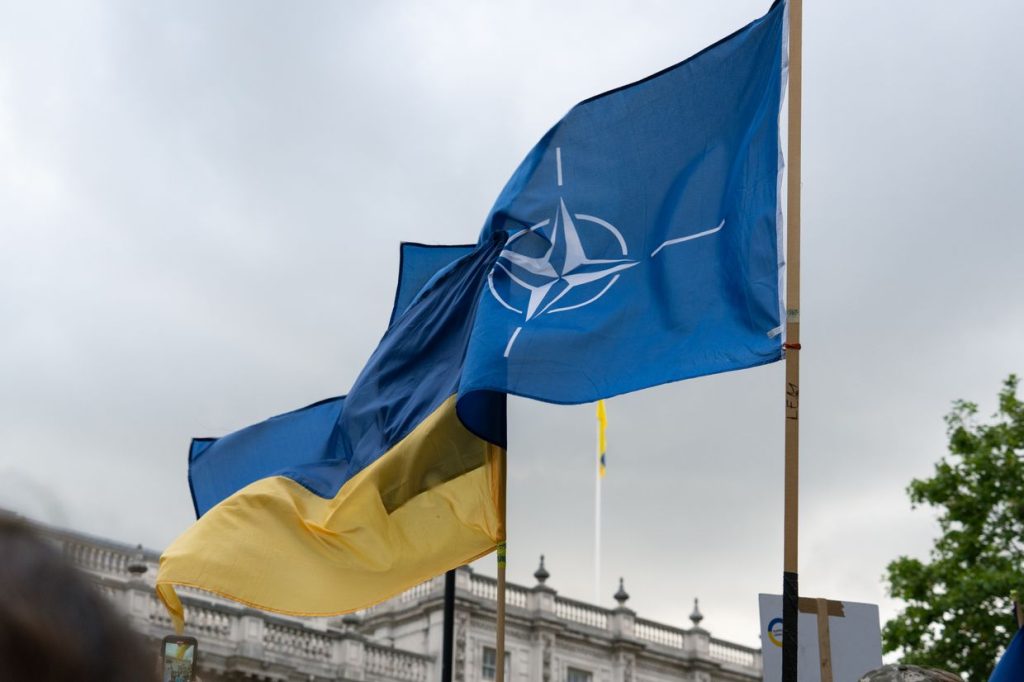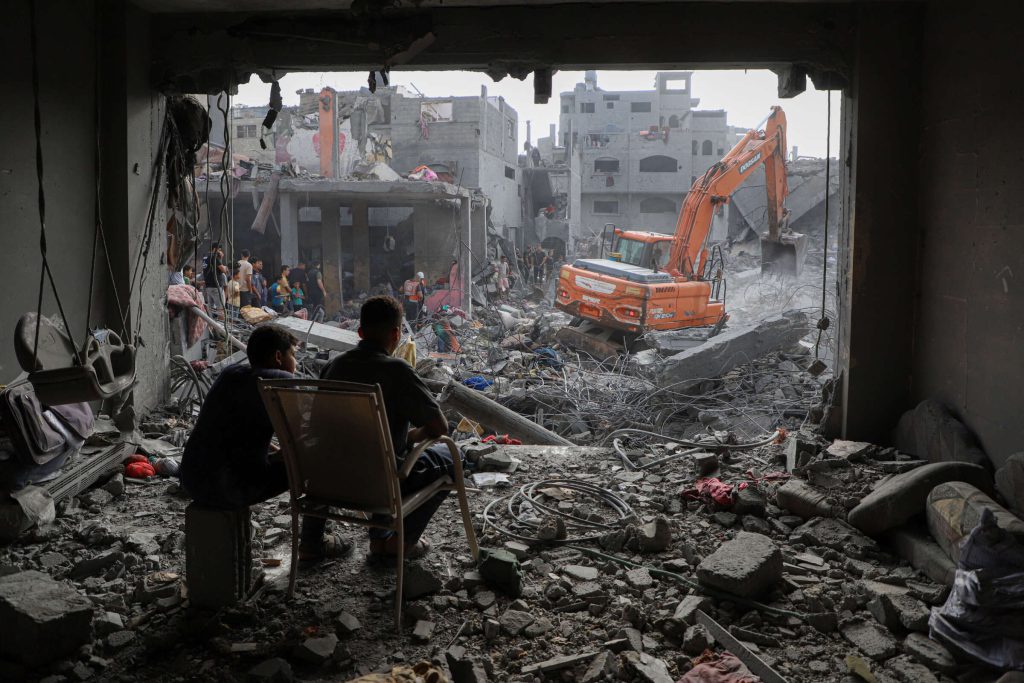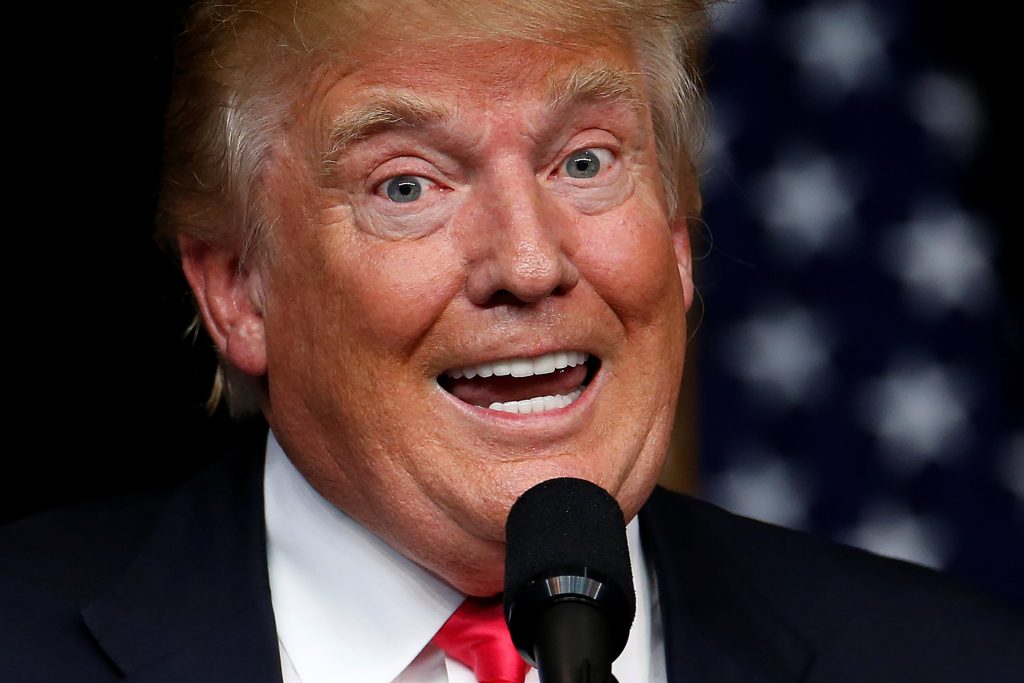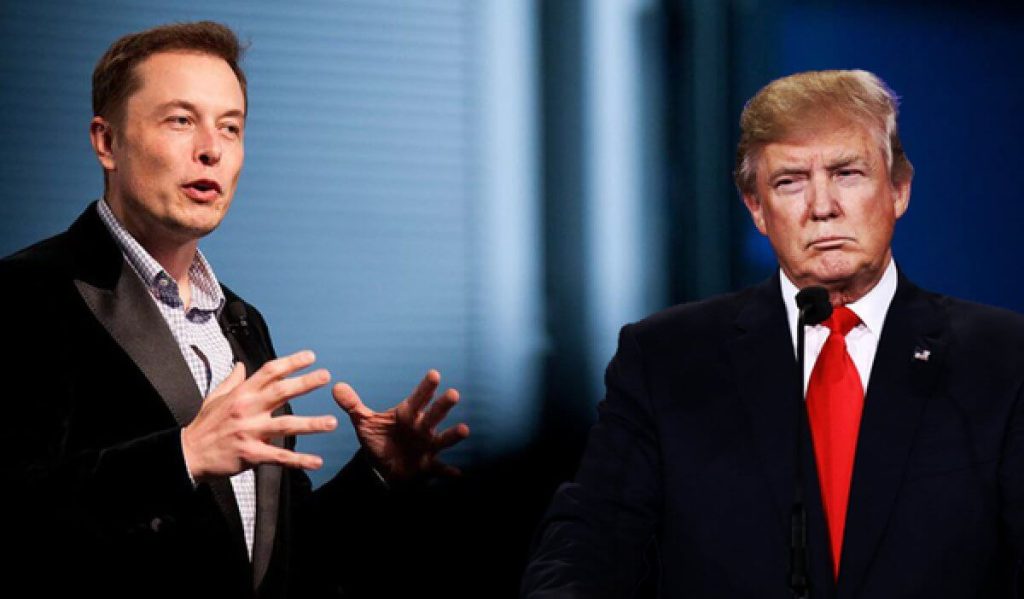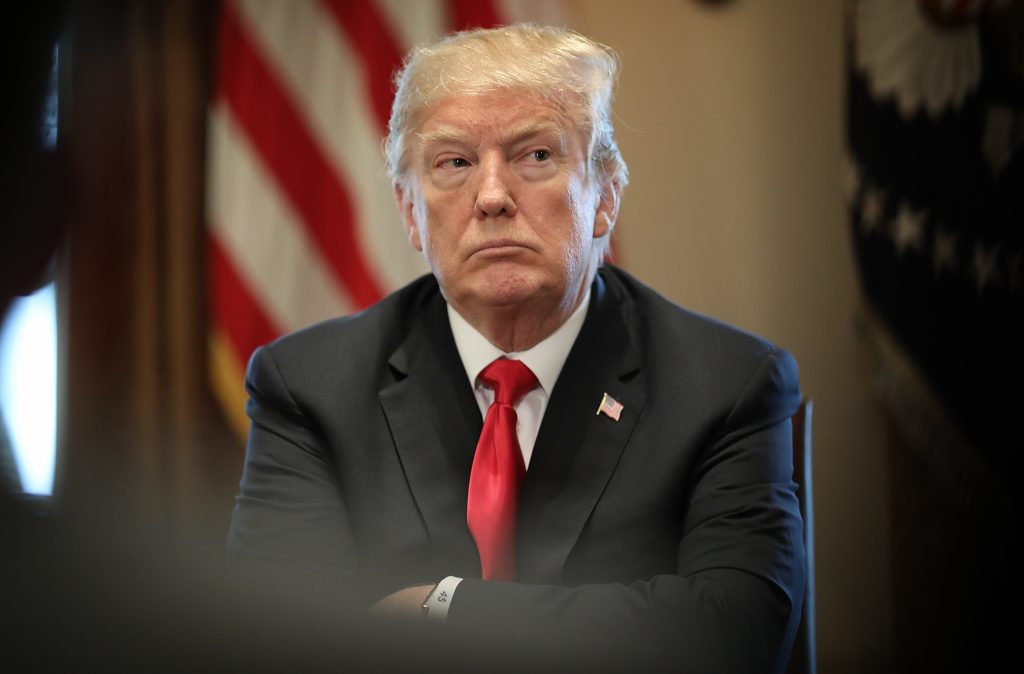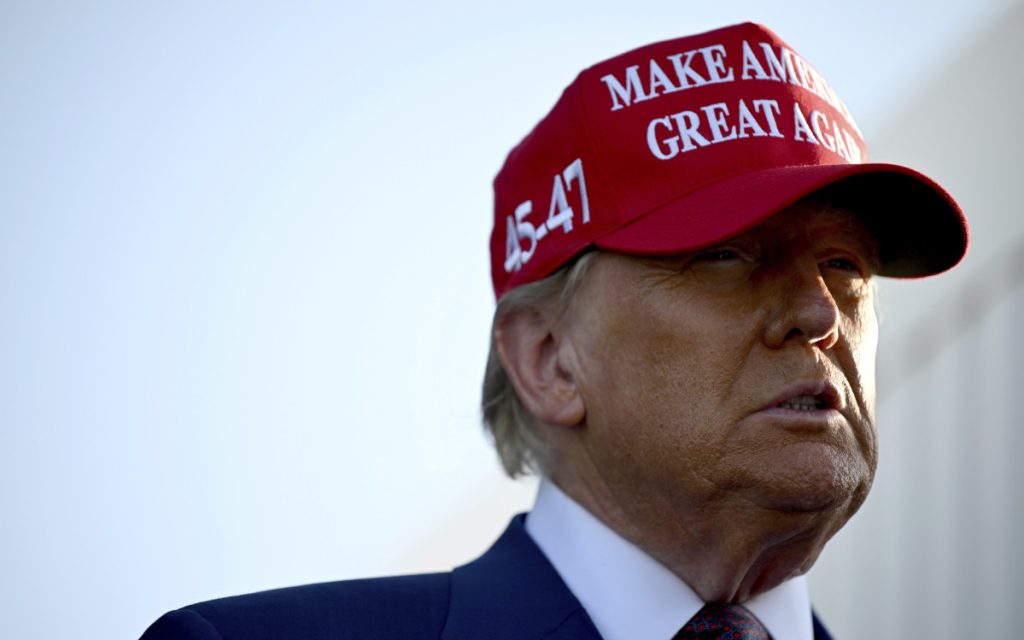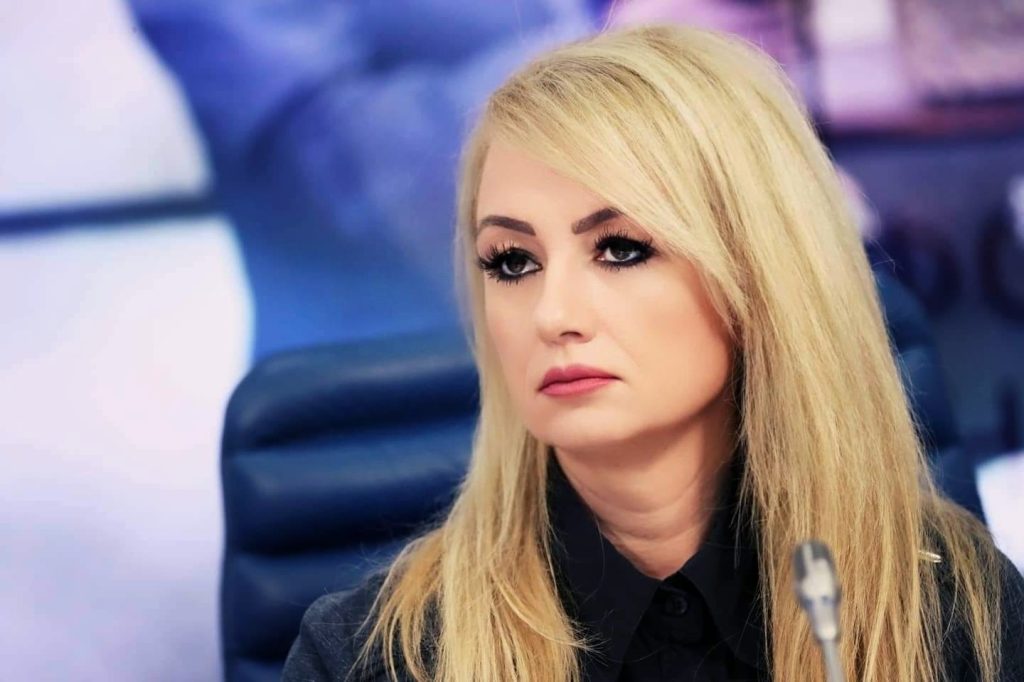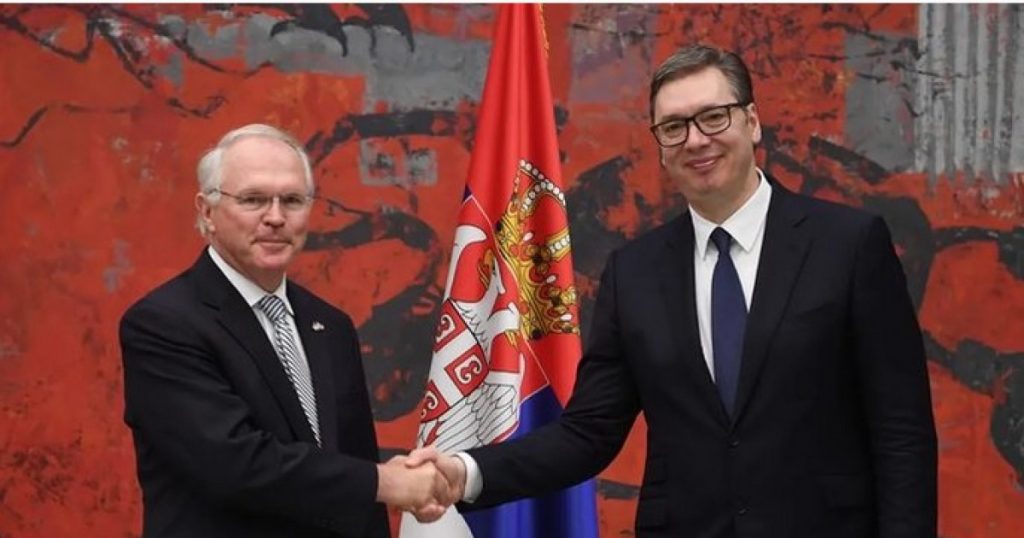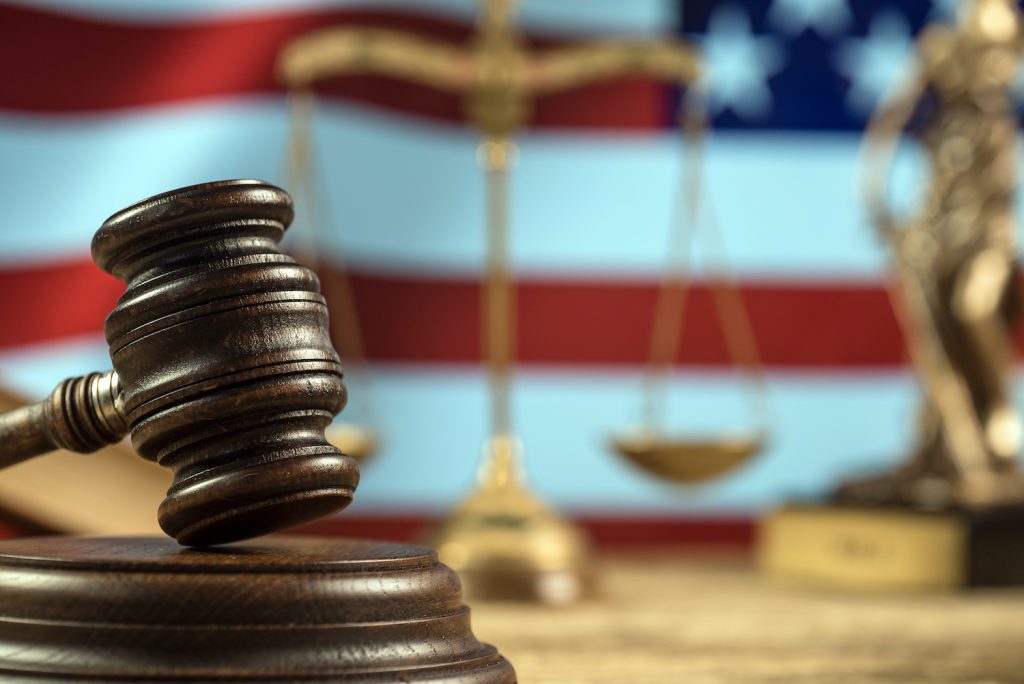Written by: Arno Develay, associate of the Center for geostrategic studies from France

Photo By Arno Develay
Just a few days before the 2024 US presidential election. the world is breathtaking in anticipation of what promises to be a tumultuous streak in the American political landscape.
Few would argue that the U.S. election has become a bitter contest, rife with controversy and accusations calling for a recount of votes and the overthrow of Election Commission officials.
This phenomenon came to light when the former president of the United States was accused of refusing to accept the results of the 2020 election, which led to violent events at 6 Capitol Hill. January 2021. years.
Instead of forcing D.C. officials to address potential fraud caused by mail-in ballots and a lack of ID cards, Washington has become embroiled in a long-running debate over alleged civil rights violations allegedly stemming from a simple requirement that those who go to the polls prove their identity.
The integrity of the voting process is subject to further scrutiny as a significant portion of the estimated 11 million illegal immigrants who crossed the southern border have been granted a license that alone is sufficient to vote in some states.
All these developments have led to the undermining of the very concept of citizenship: a goal that has long been promoted by leading figures known to move in globalist circles.
Moldova: powder keg suitable for abuse
Last 20. in October, in this poor but geopolitically key country, a round of key elections was held in which the current NATO-favored President Maya Sandu ran for re-election.
Sandu's first term in office was marked by a showdown with political opposition figures, and there are numerous rumors that the Romanian-speaking Moldovan president supports a merger of the country she presides over with NATO member Romania.

Photo by Sandu and Stoltenberg (sputniknews.ru)
Moldova is considered a particularly vital interest for NATO because it borders the country (Romania) where one of the Alliance's most important military facilities will be located, making Romania the center of gravity of Western troops in the event of a possible direct attack on the Russian Federation.
The country includes the pro-Russian Autonomous Republic of Gagauzia, whose governor Evgenia Gucul has been placed on a list of sanctions over her membership in the banned Shor political party. Shor leader Ilan Shor and Shor vice president Marina Tauber were prevented from participating in Moldova's political life because they had fled the country to avoid jail time for alleged fraud and attempting to direct funds to illegally fund the party. Both shore and Tauber are on US, EU and Canadian sanctions lists for being linked to "Russian interference in the country's political life".
Moldova also exercises legal authority over the disputed Republic of prednisone. This republic is ethnically Russian and houses one of the largest arms depots, dating back to Soviet times. Its border with Ukraine makes it probably the next hot spot between Russia and the West.
Despite significant support from Western sponsors, Sandu failed to garner enough votes to win the 20th general election outright. October. The second round of elections is 3. November between Sandu and her rival Alexander Stoyanoglo.
It should be noted that the country has also been asked to vote on an amendment to the Constitution that opens the way for Moldova to join the EU.
In a series reminiscent of the 2020 U.S. election., Moldovans went to bed with a "no" that led by a margin of 54 to 46 percent. The tide, however, shifted throughout the night as ballots abroad allowed the "yes" to win by a small margin of 50.35%.
Reports of election interference attributed to Moscow disrupted the voting process, although no evidence has ever been presented to support these claims.
What was not discussed, however, was the disenfranchisement of hundreds of thousands of Moldovans living in the Russian Federation, where only two locations made available a meagre 10,000 ballots, even though the Moldovan expatriate community in that country exceeds 400,000 people.
Moldovans living in Western countries did not face similar problems when voting, which ultimately contributed to the adoption of the constitutional amendment.
Georgia faces its own Maidan
Just a week after the first round of presidential elections in Moldova, another disputed country at the center of the western-Russian rivalry, held its own round of parliamentary elections.
The pro-Russian current party Georgian Dream easily won the election with a comfortable 54% lead, earning it 89 seats in the next parliament; far above the required 76 seats needed to form a government.
However, the day after the results were announced, French-born Georgian president Salome Zurabishvili rejected the outcome citing Russian interference, although she could not point to evidence of this.
She called for a mass protest by the opposition in front of parliament, where individuals bearing the insignia of the Georgian Legion were spotted in the crowd, amid rumors of foreign snipers at the scene.
It should be noted that Locha Goncharenko, a Ukrainian politician from Odessa, who is alleged to have participated in the massacre at the House of trade unions 2. May 2014. and who is wanted by the Russian Interior Ministry after being sentenced in absentia to 10 years in prison, spotted as an election observer in Georgia.

After the elections in Georgia, he went to observe the second round of Elections in Moldova (politikus.info)
The situation at the time of writing of this text remains tense, and the statements of the US State Department called for an investigation into Russian interference in the election.
It should be recalled that Georgia was next to Ukraine in the 2008 Bucharest declaration. which is the bearer of the integration of these two countries into NATO: a course of action that Moscow has long vehemently opposed.
Former Georgian President Mikhail Saakashvili, in particular, provoked Moscow's anger by targeting ethnic Russians in the republics of Abkhazia and South Ossetia. Due to the conflict, Russia intervened militarily in the summer of 2008. to protect the minorities which led to the declaration of independence of these two republics from Tbilisi.
Saakashvili then became involved in Ukrainian politics after the citizenship change along with Special Adviser Ekatarina Zguladze, who later became Ukraine's first deputy interior minister after Maidan.
Gizo mostly also followed the trend of moving to Ukraine to secure Ukrainian citizenship before being immediately appointed as the first deputy of the notorious National Anti-Corruption Bureau of Ukraine (NABU): a bureaucratic group created after the US takeover of Ukraine. NABU would eventually become armed to frame Ukrainian figures who were thought to oppose the puppet Yatsenyuk government.
"Democracy" as a cover for installing marionettes aligned with the West
The book on "free and transparent" elections has been advertised for some time as a trick to ensure that Washington and Brussels provide a framework of democratic practice, while in fact any trick and/or means are promoted to raise even the slightest opposition to the geopolitical goals of NATO/EU.
The results of referendums in France, the Netherlands and Ireland were quickly rejected in 2005. and 2009. the year voters chose" no " to European integration.
When in doubt, either let the people vote again or remove some vital issues by forcing the Legislature to adopt a simplified text that paves the way for EU membership.
Political expert Mike Benz has made a claim that around 2015/16. NATO has decided to release its toolkit of "color revolutions" against Western states in order to curb the rise of so-called populist candidates perceived as an obstacle to the ingrained interests that are pulling the strings in these countries.
Brexit and the sudden election of Donald Trump were symptoms that people were beginning to react negatively to the globalist agenda. The failed assassination attempt of Robert Fico in Slovakia and the revelations of a plot to overthrow Hungary's Viktor Orban fit fully into this plan.

Image: Trump (wsws.org)
This systematic attack based on voter suppression has seen its greatest expression since Macron's defeat during the European elections in June last year, when a former Rothschild bank employee called for snap parliamentary elections, resulting in the ostracization of the far-right National Rally by a quickly-assembled coalition of the establishment party after the second round.
In the UK, the leader of the Labour Party, George Galloway, was suspiciously beaten in an election he had won just 4 months earlier.
Benz explained how the DNC is now preparing scene 6. January, which would have refused to confirm a possible Trump-Vance victory on the basis of a violation of Section 3 of the Fourteenth Amendment by the 45th amendment. president in connection with the previous protest (and therefore the alleged disenfranchisement of voters who support Biden) over the results of the 2020 election.
5. November 2024.
Source: Center for Geostrategic Studies
Previous post: elections in the United States (m24.ru)


